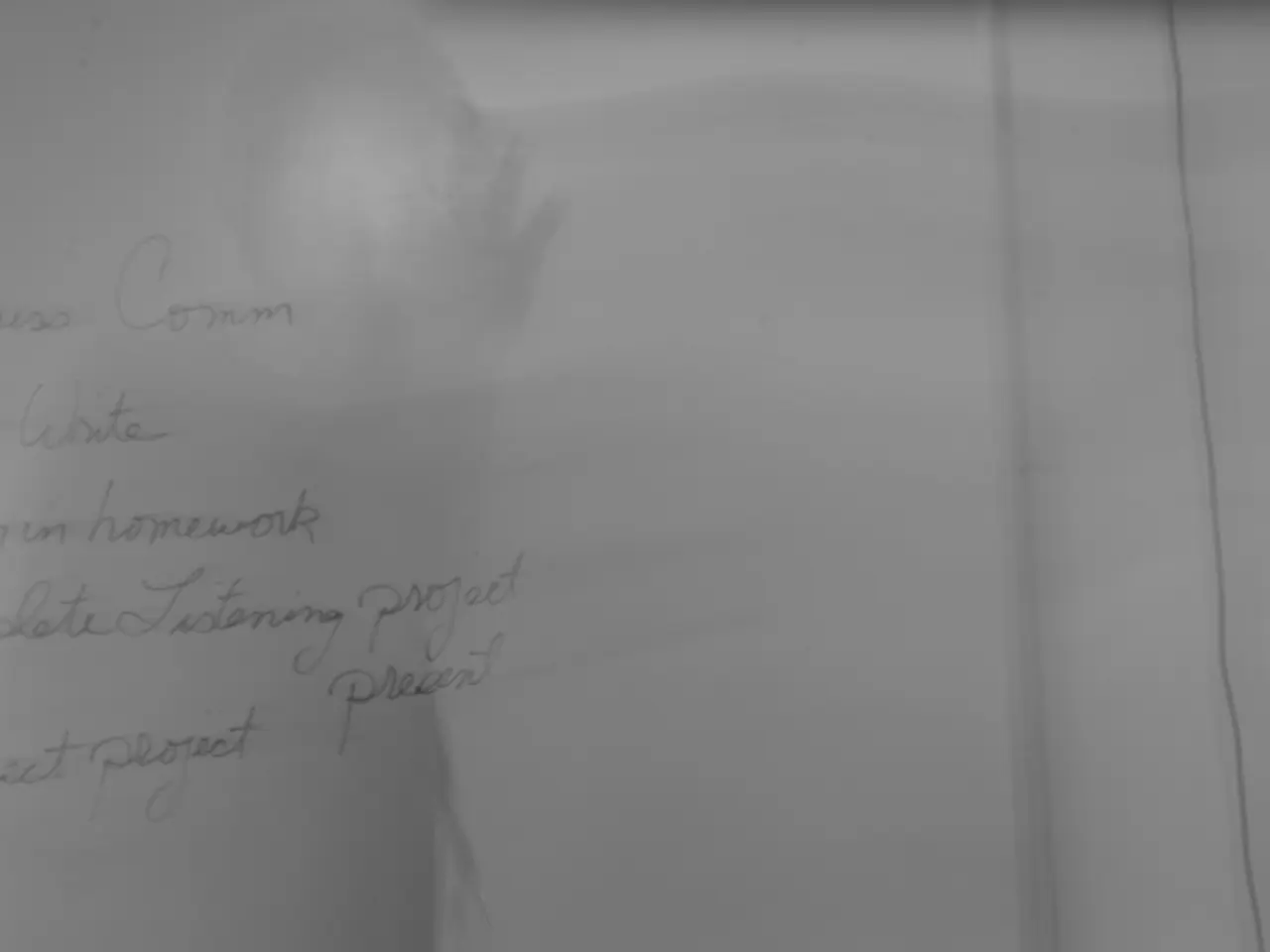Dramatic Reduction Strategy Revealed by VW Insider
Volkswagen Steers Towards a Brighter Future with Electric Vehicle Strategy
Volkswagen is gearing up for a significant transformation, aiming to regain its footing and thrive in the future by intensifying its electric vehicle (EV) strategy. The German automaker plans to achieve this through synergy and scale, optimizing costs, focusing on core profitable markets, and advancing internal restructuring.
Key measures include accelerating the Electric Urban Car Family initiative under the Zukunft Volkswagen program to achieve cost synergies across brands and improve margins, aiming for an 8% return on sales by 2030. The company also intends to leverage the MEB+ platform for a 30% cost reduction, aiming to boost operating margins to 5.5–6.5% by 2025.
To achieve these goals, Volkswagen will prioritize core regions where demand is resilient, such as Europe, where it currently commands a 26% battery-electric vehicle (BEV) market share. The company is also managing a substantial order backlog, while cautiously managing exposure to uncertain markets such as the U.S. and Brazil, especially in commercial units like Traton.
In addition to these strategic moves, Volkswagen is implementing comprehensive internal training and mentorship programs for technical teams and service advisors to build a sustainable, skilled workforce capable of supporting advanced EV technologies and improving customer service. This initiative aims to promote operational excellence and reduce operational risks.
The automaker is also maintaining flexibility in production and cost controls amid global uncertainties, emphasizing the need to adapt quickly to geopolitical and market challenges.
Industry experts and insiders believe that these actions—deepening EV integration with cost leadership, tightening focus on profitable markets, and strengthening workforce capabilities—are essential for Volkswagen's durable turnaround and long-term competitiveness.
The company is also undergoing a major restructuring, with plans to implement a new structure within the next 12 months. This new structure will reportedly see the core VW brand, along with other company brands, hung on a holding company. The brands themselves will be able to make decisions more freely under the new structure.
However, the transformation comes with challenges. Thousands of jobs are being socially reduced as part of the cost-cutting plan, and there is speculation that plant closures, such as Emden or Zwickau, are still being considered. The state of Lower Saxony, like Cavallo, is against job cuts within the company.
Top management at Volkswagen is under pressure to take action to avoid future crises, as the company has grown dramatically over the decades but has not adapted its structures to match. Some board members have expressed a desire to reduce capacities and costs dramatically.
The Porsche/Piech owning family, which primarily interests in a high dividend, has been reportedly pushing for these changes. CFO Arno Antlitz reportedly told top managers that the cost-cutting plan is running smoothly but is not enough. A mini-board of directors will set the course for finance, models, and technology.
The cost-cutting plan is causing financial losses for employees and management, but Volkswagen announced an XXL cost-cutting package in 2024. The biggest problem at Volkswagen, according to a report in the "Bild" newspaper, is the company's outdated structures.
In conclusion, Volkswagen is embarking on a significant transformation journey, aiming to regain its position as a leader in the automotive industry by focusing on electric vehicles, cost optimization, and internal restructuring. The company faces challenges, but with its strategic moves and commitment to change, it is well on its way to a brighter future.
[1] Volkswagen aims for 8% return on sales by 2030 with EV strategy [2] Volkswagen to focus on core markets to boost margins [3] Volkswagen to slash costs by 30% with MEB+ platform [4] Volkswagen to invest in training to build EV workforce [5] Volkswagen to manage costs amid global uncertainties
- Volkswagen's electric vehicle strategy includes a goal to achieve an 8% return on sales by 2030.
- To boost margins, Volkswagen will focus on core markets, such as Europe, where it holds a significant market share in battery-electric vehicles.




